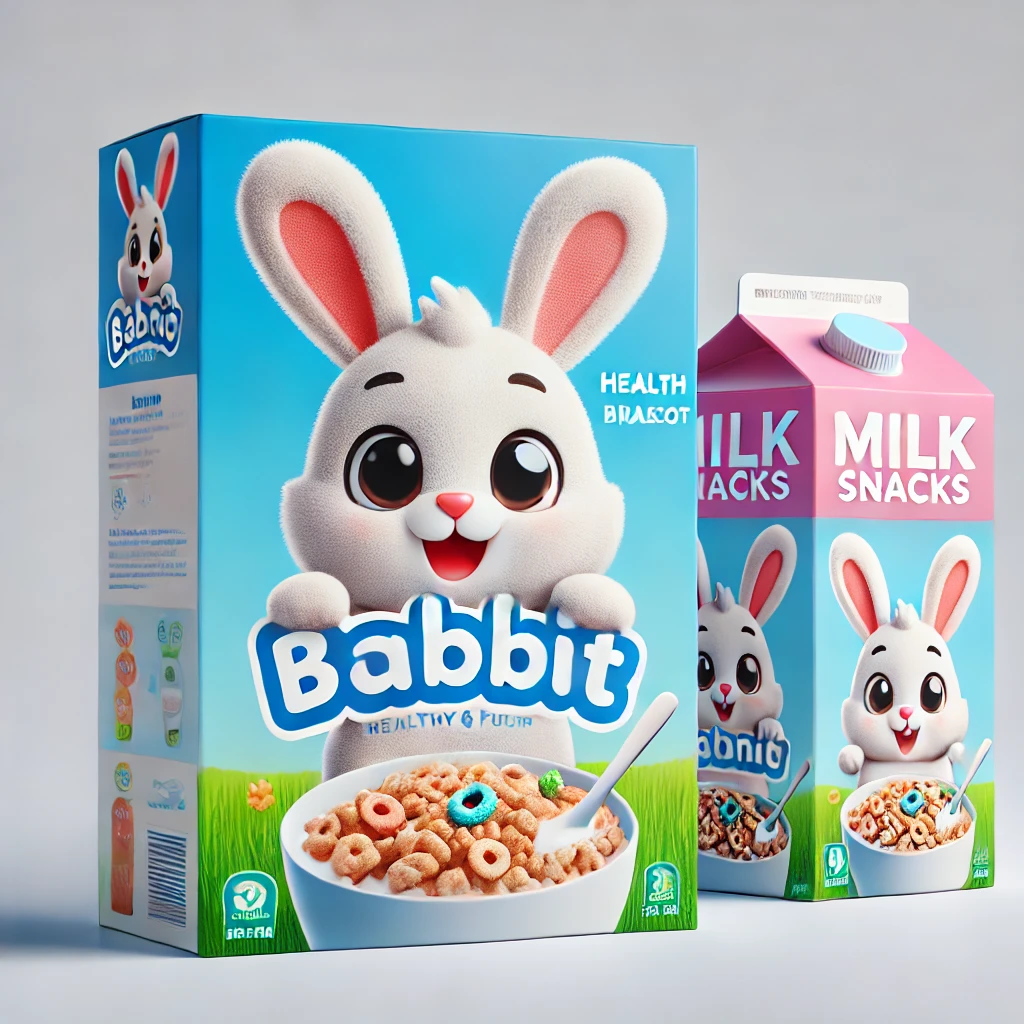In the world of food branding, mascots play a crucial role in creating a connection with consumers. One such successful mascot is the rabbit, a symbol that has been adopted by various food brands to represent qualities like purity, wholesomeness, and playfulness. The rabbit mascot appeals not only to children but also to adults, evoking a sense of nostalgia and trust. This article explores how different food brands have effectively utilized a rabbit mascot to capture the hearts of consumers and enhance their brand identity.
The Appeal of the Rabbit Mascot
The choice of a rabbit as a mascot is not arbitrary. Rabbits are often associated with qualities such as health, speed, and gentleness, making them ideal symbols for food brands that want to convey messages of natural ingredients, quick service, or light, healthy eating options. The image of a cute and friendly rabbit can also foster an emotional connection with consumers, making the brand more relatable and memorable.
Notable Food Brands with Rabbit Mascots
One of the most iconic examples of a food brand with a rabbit mascot is Nesquik, a brand of chocolate-flavored milk owned by Nestlé. The Nesquik Bunny, also known as Quicky, has been the face of the brand for decades. Quicky is depicted as a fun-loving and energetic character, which aligns perfectly with the brand’s message of a playful, enjoyable drinking experience for kids.
Another example is Annie’s Homegrown, a company that specializes in organic and natural food products. Annie’s uses a rabbit mascot named “Bernie,” who is featured prominently on their packaging. Bernie is meant to represent the company’s commitment to organic farming and sustainable practices, appealing to consumers who prioritize health and environmental consciousness in their food choices.
The Impact of the Rabbit Mascot on Brand Success
The success of food brands with rabbit mascots can be attributed to the strong emotional appeal these characters have. Mascots like Quicky and Bernie not only make the brand more recognizable but also help in building brand loyalty. Consumers, especially children, tend to form attachments to these mascots, which can influence their purchasing decisions and foster a long-term relationship with the brand.
Furthermore, the use of a rabbit mascot can also help a brand stand out in a crowded market. In a world where consumers are bombarded with countless food options, having a distinctive and endearing mascot can make all the difference in capturing attention and conveying the brand’s unique value proposition.
Conclusion
In the competitive landscape of food branding, mascots like rabbits play a significant role in defining a brand’s identity and connecting with consumers. Whether it’s the energetic Quicky of Nesquik or the wholesome Bernie of Annie’s Homegrown, these rabbit mascots embody the values and qualities that the brands wish to convey. As a result, they have become more than just characters on a package—they are key elements of the brand’s overall narrative and success.
For more detailed information on branding and mascots, you can visit the Mascots, where you can explore the history and impact of mascots in various industries.
This article provides insights into how food brands have leveraged rabbit mascots to create a lasting impression on consumers, contributing to their brand identity and success.
Read more on timesradar


